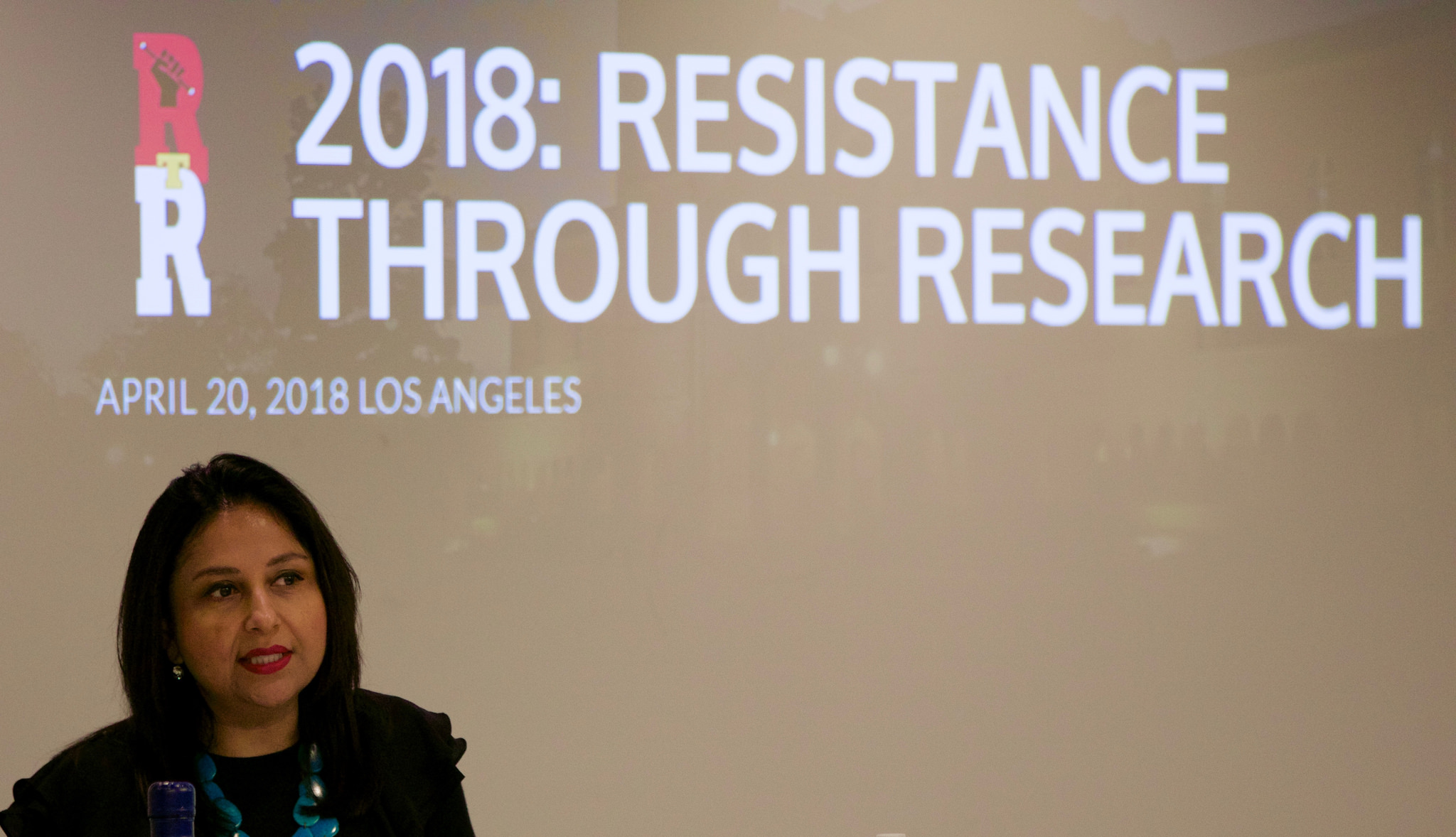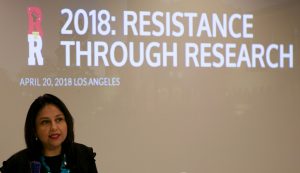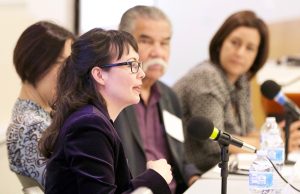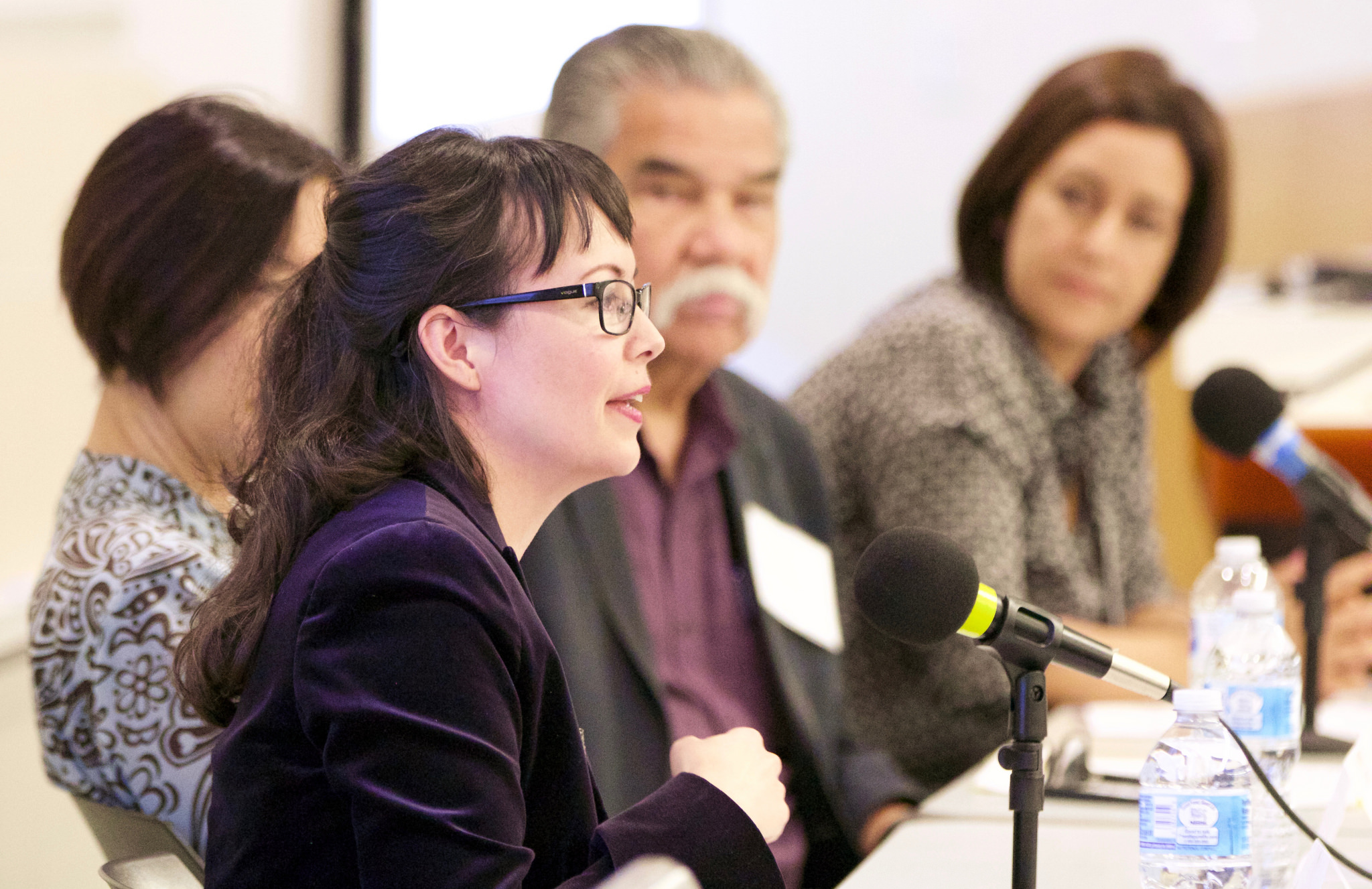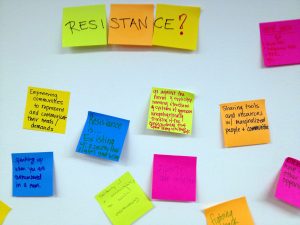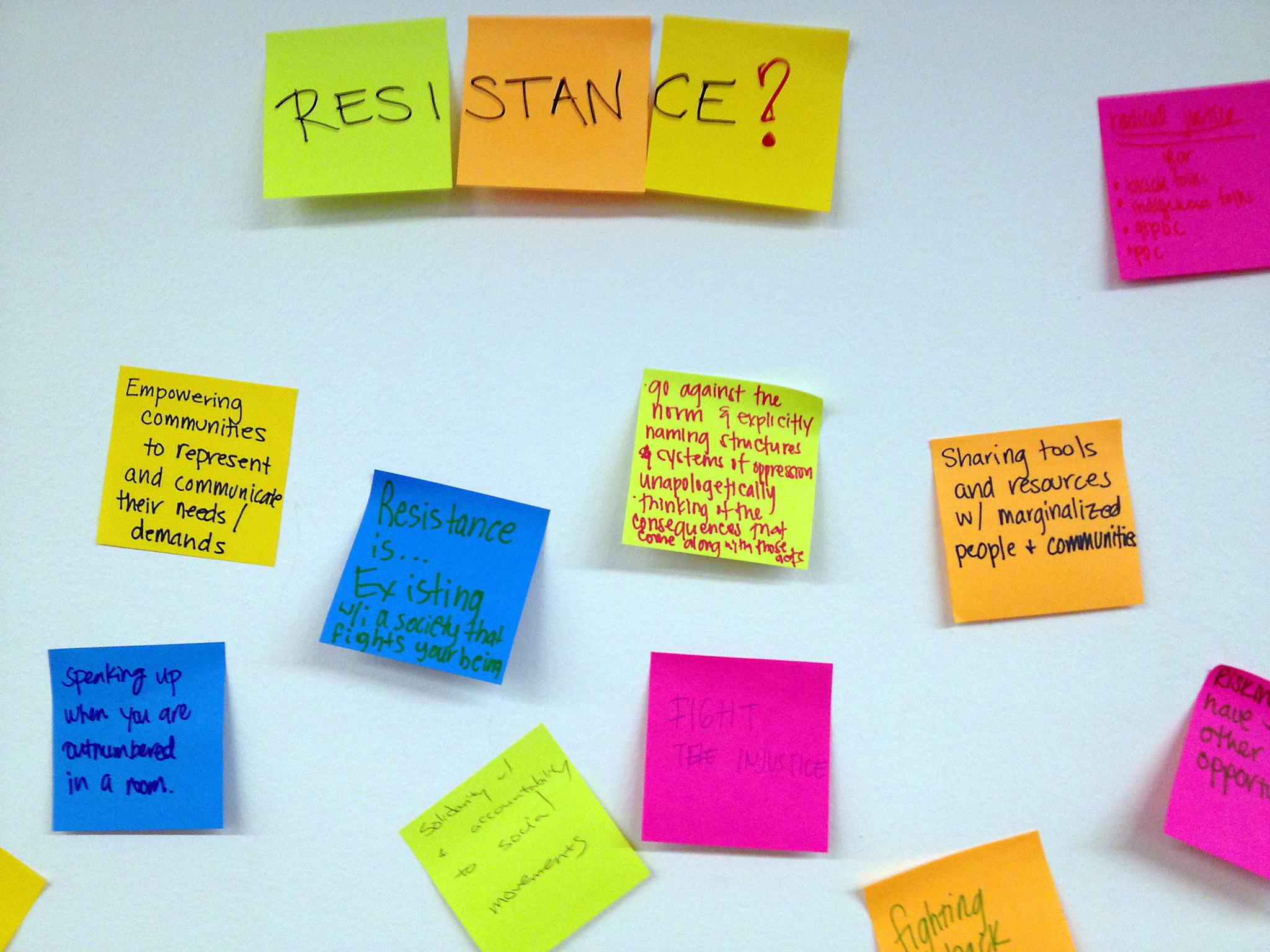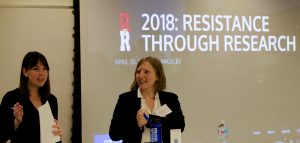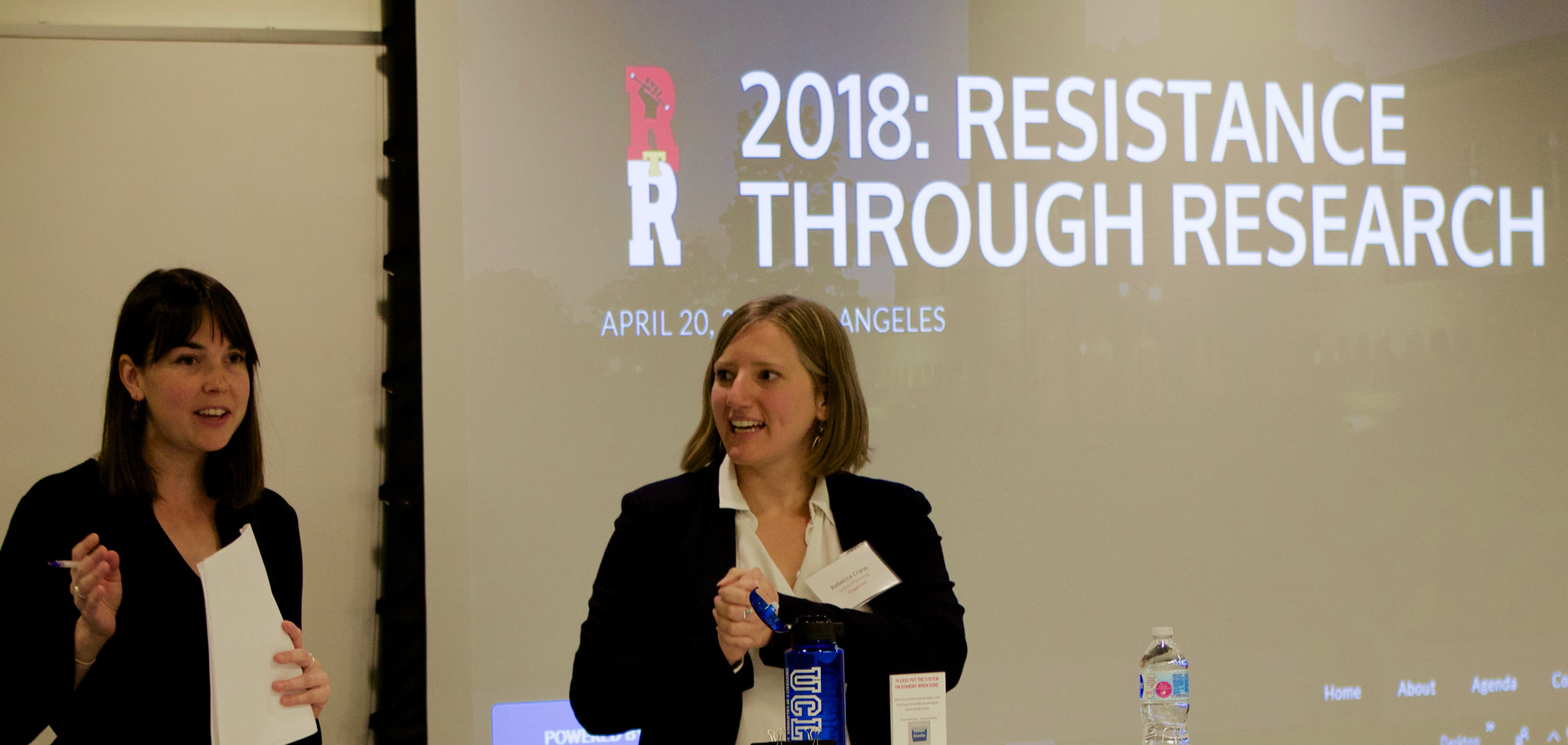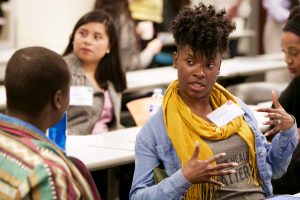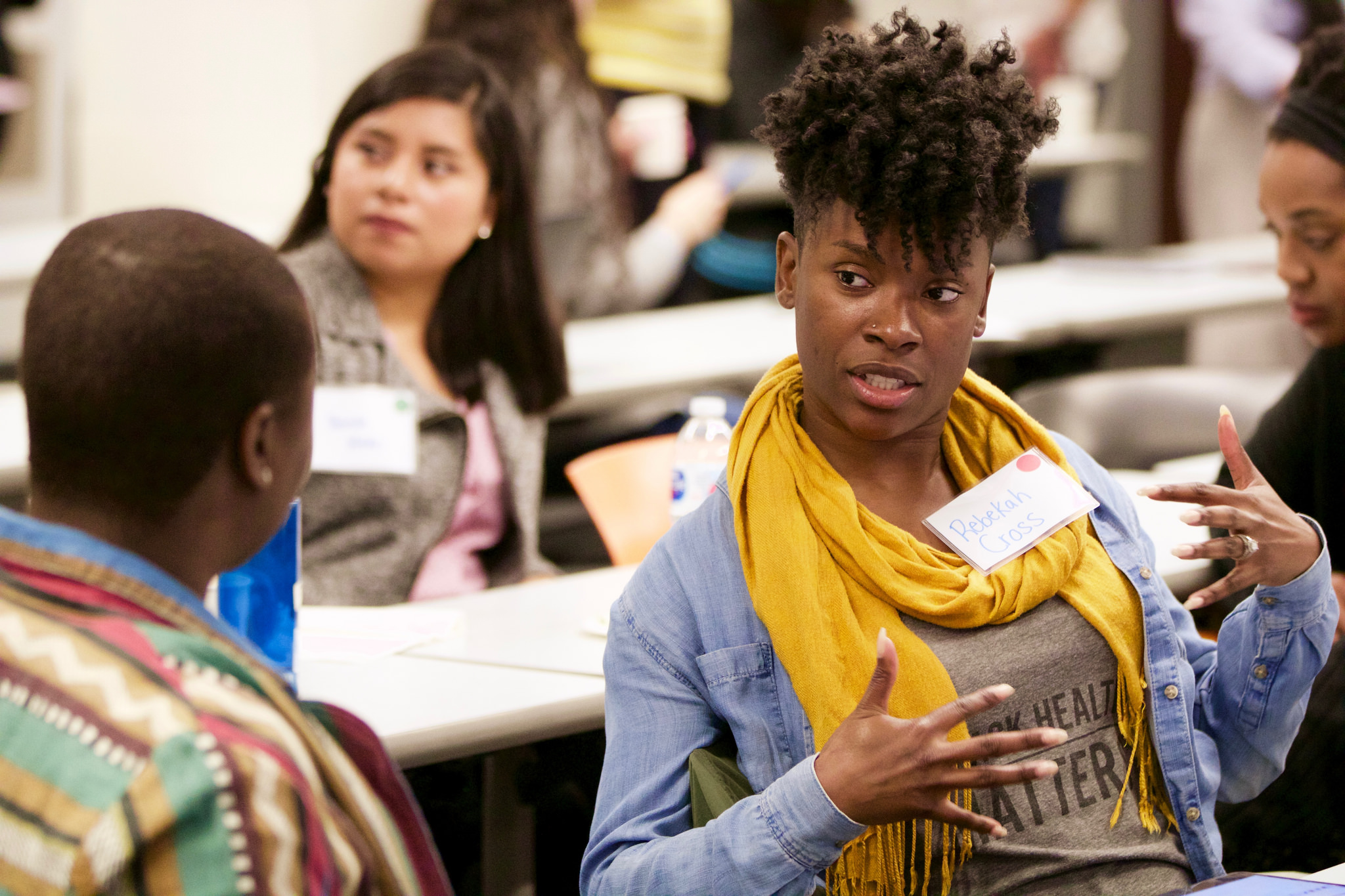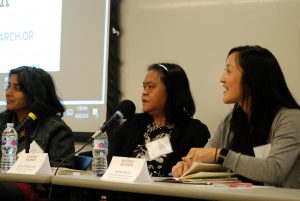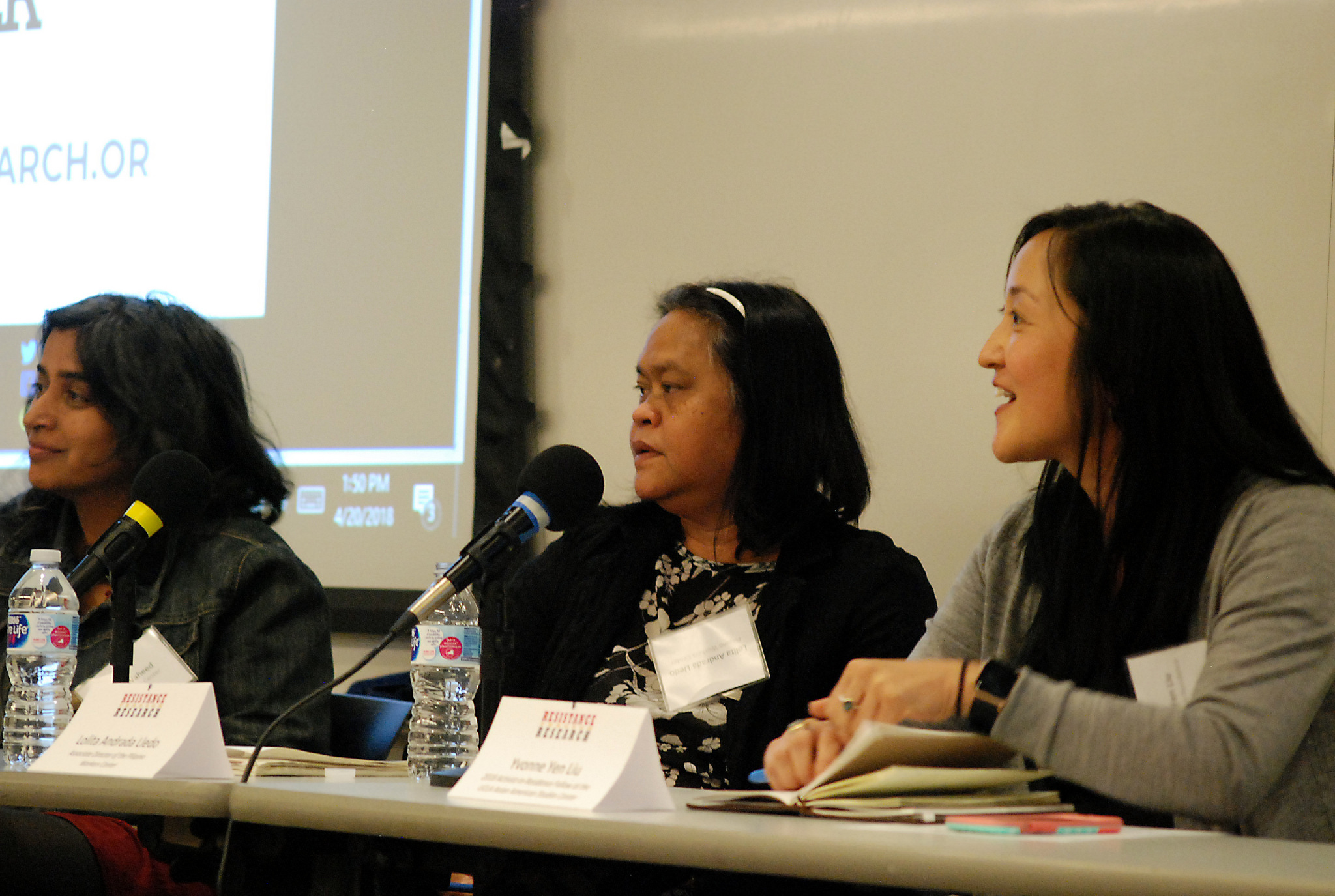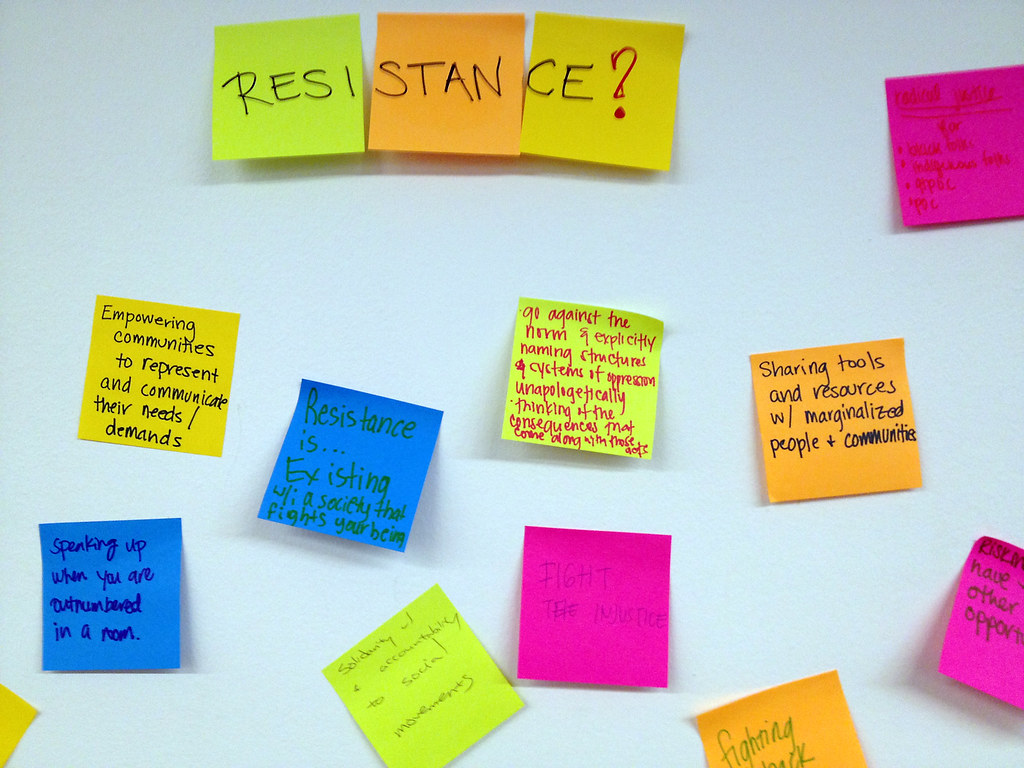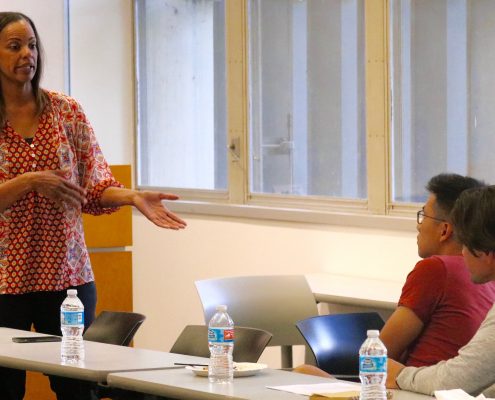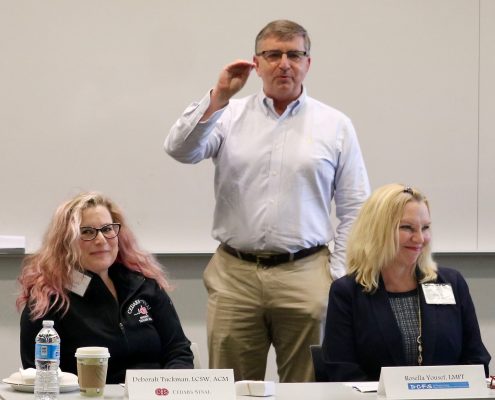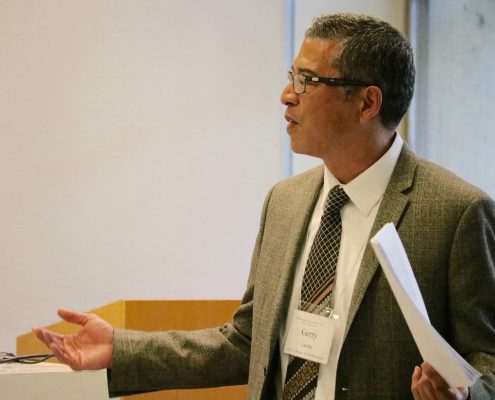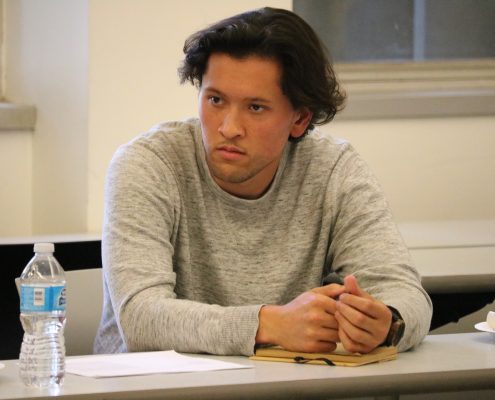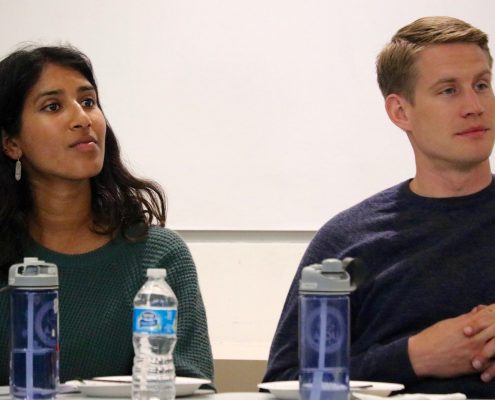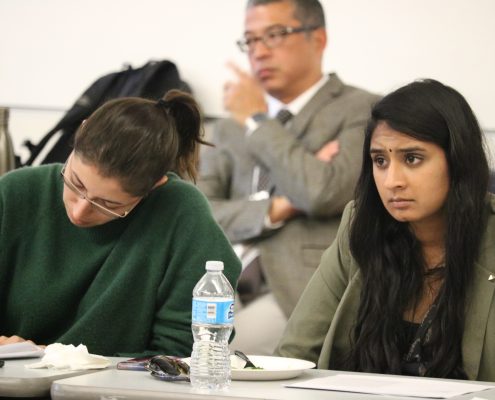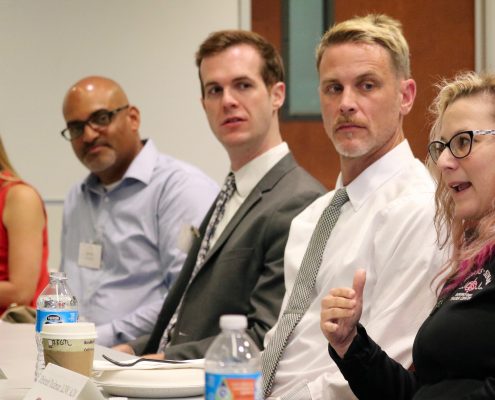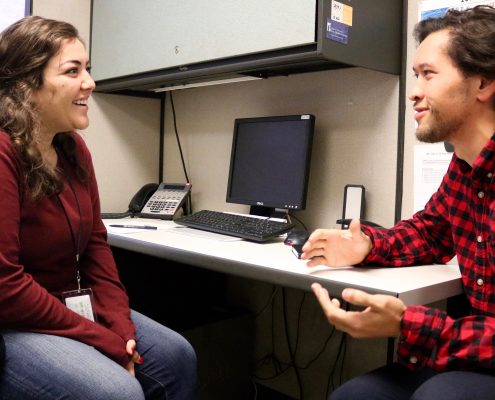Poco Kernsmith Appointed New Chair of Social Welfare Alumna will return to her doctoral alma mater this summer as a professor
By Stan Paul
Poco Kernsmith, a social welfare scholar from the University of Texas at Arlington, has been appointed to serve as the next chair of UCLA Luskin Social Welfare.
Kernsmith, who earned her PhD in social welfare at UCLA Luskin in 2002, currently serves as the doctoral program director at UT Arlington’s School of Social Work. Previously, she was a longtime faculty member at Wayne State University in Michigan, where she recently finished a second master’s degree in public health focused on public health methods.
Originally from Minnesota, she graduated from UC Santa Barbara in 1994 with a bachelor’s in psychology and women’s studies, then earned a master’s in social work at the University of Michigan in 1995.
“We are excited to welcome Poco to Luskin this summer,” announced Interim Dean Anastasia Loukaitou-Sideris. Kernsmith will officially join the UCLA Luskin Social Welfare faculty as professor and chair on July 1.
Kernsmith said in an interview that she is looking forward to coming back to the Westwood campus after more than two decades and getting reacquainted with the Luskin School.
“Really, I want to understand this whole experience and the people who are in the School and the students, so that I can get a big-picture understanding of what’s happening now.”
Loukaitou-Sideris noted Kernsmith’s expertise in violence prevention, school-based violence interventions and intimate partner violence. Her research has received substantial funding and recognition from federal sources, including the Centers for Disease Control and Prevention (CDC).
In 2020, she received $2.25 million in federal funding to strengthen violence prevention and response efforts in Michigan schools. Other CDC support has included a $1-million grant for Supporting Healthy Adolescent Relationships and Environments (SHARE), which explored causes of intimate partner violence and identified school connectedness, parental engagement, hopefulness and community involvement as important protective factors for preventing violence perpetration among youth.
Kernsmith’s current work involves the analysis of school policy to create inclusive, trauma-informed environments to prevent and respond to violence or threats of violence in middle and high schools. Other areas of her research include sexual health education, hate-motivated violence and domestic terrorism.
“She will also bring her leadership experience in directing the PhD program at UT Arlington for the past two years and her experience for 20 years prior to this, as a scholar, teacher and faculty member at Wayne State University School of Social Work,” Loukaitou-Sideris wrote in a memo announcing the appointment.
Kernsmith said she is also interested in mentorship and best practices related to graduate and doctoral students — as well as faculty — over their careers, explaining that people who are just starting out or new to a position are generally the only ones considered for mentorship.
“Mentorship is something we need across our lifespan … any time you are making a change to the next step in your career and even into retirement,” she said. “Every transition brings new questions and new opportunities.”
For Kernsmith, one of the biggest challenges in education is promoting respectful dialogue and a free exchange of ideas from different perspectives.
“How do we engage in our intellectual curiosity to better understand separate perspectives when the issues are so heated and emotional? … It’s always a balance.”
Kernsmith will step into a leadership position held by Laura Abrams, professor of social welfare, for seven years. Under Abrams’ leadership, the program saw its reputation grow, achieving the No. 8 standing among social work programs nationally in the latest U.S. News & World Report rankings. During that time, UCLA Luskin Social Welfare also hired more than a dozen new faculty and graduated hundreds of skilled practitioners and scholars.
“It has been an honor to serve as the department chair in social welfare for the past seven years … and it is now time to pass the baton,” Abrams said. “I am thrilled that Dr. Kernsmith, an alumnus of our PhD program, will be joining us in the fall as our next chair.”
 Recalling his time as an MSW student from 1968 to 1970, he said, “One of the major transitions — and it’s still always going to be an issue — I think was diversity.”
Recalling his time as an MSW student from 1968 to 1970, he said, “One of the major transitions — and it’s still always going to be an issue — I think was diversity.”